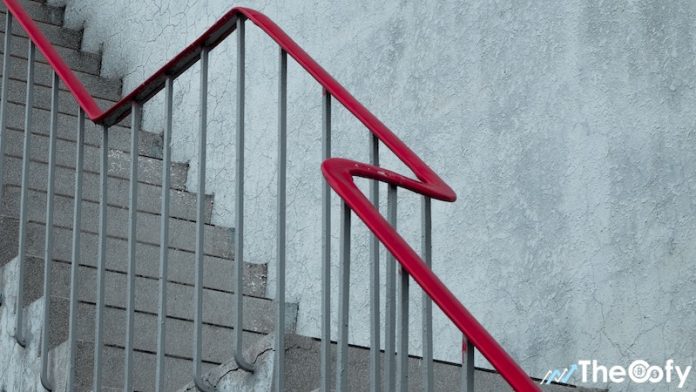According to NBC News market trends, a recession is going to occur, and it’s a matter of when—not if. One economist stated, “If we don’t get a trade deal … and China winds up in a hard landing, you can rest assured that the global market will follow as well.”
This past Friday, a key predictor of a recession emerged, reaffirming the fears of those on Wall Street. Still, experts believe a recession may be a year or more away. The change observed was the borrowing cost on short-term debt having risen above the cost for long-term debt. This inverted yield curve is a likely indicator of lower growth to come. In fact, all seven of the past recessions were preceded by inversions of the yield curve.
“It’s a dangerous and upsetting harbinger of the future of the economy,” said Dan North, chief economist at Euler Hermes North America. “Typically, when the yield curve inverts for even a short period of time, we enter a recession about a year later.” Historically, it has taken anywhere from two to six quarters after an inversion for a recession to hit. Now, experts are divided as to when they believe the onset of the recession will be.
“I do think when investors see the word inversion, their minds tend to link that to recession, policy error and things of that sort,” said Jim Barnes, director of fixed income at Bryn Mawr Trust. Yet, he characterized the current inversion as modest.
Peter Cardillo, chief market economist at Spartan Capital Securities, expressed a similar view in that it isn’t a full warning bell yet. “It may not necessarily mean total negative growth, but it could mean a real slowdown,” he acknowledged. “That’s what the market is really spooked about,” he said.
According to some experts, the prolonged period of low interest rates, key feature of a post-recession economy, could be ambiguous and potentially sounding false alarms.
“It is one of the best indicators of recession, but it’s still a terrible indicator in the sense that it has preceded all recessions, but sometimes you have an inverted yield curve and you don’t have a recession,” stated James Berman, founder and president of JBGlobal LLC and an adjunct instructor of finance at the NYU School of Professional Studies.
“On the other hand, it’s a sign of some distortion,” he added. “Something’s out of whack.”
A significant drop in yields is a major threat for investors who are concerned about the risks associated with their portfolio assets.
“The biggest issue I think for the market when yields drop as low as they have is on the income appetite of investors, primary institutional investors,” said Andrew Thrasher, portfolio manager at Financial Enhancement Group and founder of Thrasher Analytics. Consequently, low yields lead investors to seek income from other riskier assets, which can be damaging during periods of volatility and steep market plunges.
A series of interest rate increases by the Federal Reserve over the past few years indicates the flexibility that U.S. fiscal policymakers have over their counterparts overseas. Simply put, American policymakers have more room to cut rates if needed.
Despite this, Barnes warned about the risks of the global nature of present-day economic activity. “The concern is that some of that weakness overseas could spill over into the U.S.,” he said. The benchmark federal funds rate is only at 2.5 percent, so even the relative flexibility of the Federal Reserve is limited.
Adding to threats associated with the inverted yield, geopolitical tumult, particularly President Trump’s trade war with China and the unresolved Brexit crisis, remains a key threat to economic growth. Besides the prospect of negative growth for the economy, these political crises can result in decreases in consumer confidence and spending.
“I don’t think we’re headed for negative growth right now, but if we don’t get a trade deal — if this trade war is not stopped and they don’t lift the tariffs in China — they could be headed for a hard landing, and if China winds up in a hard landing, you can rest assured that the global market will follow as well,” Cardillo expressed.
North said he is looking out for another indicator in The Conference Board’s survey of current and future consumer confidence in the economy. The Conference Board is a non-profit business membership and research organization that conducts economics and public policy research.
“That split is very wide to the negative,” he said, highlighting that Americans expect conditions to decline. If the job market weakens once again, a resulting crisis of confidence could create a negative feedback loop that brings down economic growth and eventually spirals into a recession. Economic experts will be on their feet to see if February’s notably slowed job growth was an exception—or a debut of what’s to come. “If we start to see [unemployment] back up, that would be another affirmation of future weakening,” North said.




